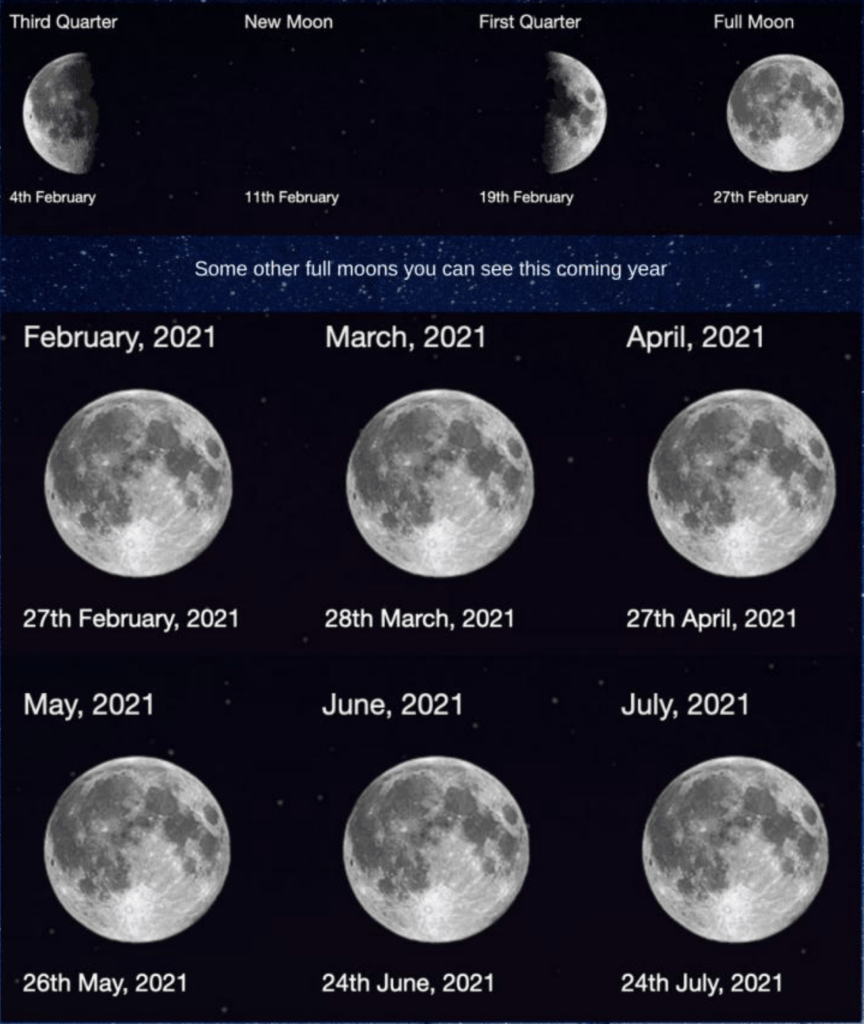I really enjoyed the column of my fellow scribe Roger Guttridge in the last issue – read it if you missed it first time round.
It kicked-off with a great story about a seemingly backward local boy who turned out not to be that backward after all.
But what got me was the absolutely accurate local vernacular that Roger used to describe the lad turning the tables on the arrogant motorist, when he said, ‘But I b’ain’t lost….’.
Well, that rang a bell.
I used to talk like that.
I hadn’t heard – or read – that particularly rich slice of north Dorset vernacular since my family moved from Stalbridge to Weymouth in 1973, but it was an everyday occurrence until then.
Interesting that I move about 20 miles out of the area and there’s a new dialect. No longer did I hear ‘where be you to’, or ‘they be doin’ a bit o’ ditchin’..’ or ‘we be off down Basils…’.
Basils was the site of a pond off the Milborne Port road just out of Stalbridge and opposite a climbable part of the Stalbridge Park dry stone wall, where Brian Trevis and I would cut out pieces of turf from the top of the wall to chuck onto the rare passing car. I believe we pictured ourselves as Commandos hand-grenading ‘Jerry’ staff cars. You wouldn’t believe how many Jerry staff cars were in Dorset at the time. Used to shock me. The nobility of our cause was lost on one motorist, as he clambered furiously up the wall only to see Bri and me survive a death-defying jump down and scamper, hooting, into the parkland (think I’ve cleared up a 51 year-old unsolved crime – it was Bri’s fault, Officer, he was a year older than me).
It saddens me that our selfless and courageous exploits in freeing the world from the Nazi menace was never officially recognised (a knighthood, perhaps) – but that’s the lot of commandos, to serve is all.
After that exploit, Bri said, ‘that made I laugh’, which I still say now, with affection to my dear friend.
In case some readers find all this war-stuff odd, you must remember that a 10 year-old in 1970 thought that WWII was still going on (Dad’s Army was on practically every night, every film and comic was laden with the exploits of our brave Tommies lobbing hand grenades at Jerry staff cars) and, frankly, for some UKIP voters, the delusion continues.
The local idiom thrived because there were few outside influences in contrast to today. Until comparatively recently few people ventured far from their birthplace during their lives – the only form of transport was Shank’s Pony or an actual horse, only the aristos could afford a horse and cart and then, there were no tarmacadam roads, so the going was rough or impassible. There were almost no phones, so communication from outside was from letters. And whatever accent the writers imagined as they wrote them, one read them in one’s own dialect.
When I grew up in Stalbridge, not everyone had TVs, and if they had, they were black & white with poor reception – screen snowstorms were common – and only three channels to choose from and there was no local radio, only the, mainly dire, unpalatable porridge churned out by the far-off BBC and the parvenu ITV or Channel 3, as it was called. We only got a fourth channel on November 2, 1982 (I rather liked it that there was no fanfare, it just went straight in to Countdown). And few presenters had regional accents. It was more of a class-defined society and one’s class was appraised pretty much the minute you opened your mouth, and it was generally felt in the upper echelons of ‘society’ that one had to speak the clipped tones of Celia Johnson and Trevor Howard in Brief Encounter (spoiler alert: the final clip of the film where the not quite cuckolded husband reads out a crossword clue, to which the answer is key to the film, is deeply poignant but easily missed).
The great progressive rock guitarist Robert Fripp (King Crimson), brought up in Dorset, and his very lovely gamine wife Toyah Wilcox (‘It’s a Mystery’, or, more accurately, ‘It’th a Mythtery’, as, like the delectable Lucy Worsely, Toyah has a charming lisp) have, since Covid, launched a hugely popular series of ‘Sunday Lunch’ clips in order to cheer up the nation. He plays (brilliantly), she sings and dances with a gusto that betrays her 62 years. And I love it that Frippers doesn’t even think of toning down his strong Dorset burr which, believe me, wouldn’t get you far in the media today, let alone the ‘60s or ‘70s, without widespread ridicule.
If you think that the bosses at the BBC now are ‘a little out of touch’ with the rest of the country, you should have witnessed it then. We had the ghastly Jimmy Savile foisted on us for Top of the Pops. Even at the age of 10 we kids knew he was a wrong ‘un. I didn’t believe a word of the BBC denials and fake shock when the grotesque lecher was finally ‘outed’.
On a less ghastly note, it amuses me now to hear that The Archers has an ‘agricultural story editor’, (ASE) and I can just imagine the ‘woke’ meetings going on with when the ASE briefs the cream of metropolitan media on rural life. It probably goes like this (and we can take it for granted that all contributors raise their voices at the end of each sentence):
ASE: So, like, there are some people who …(pauses as he doesn’t quite know how to deliver this next line) …don’t live in London.
Gasps of disbelief and shock at the very thought.
ASE: They live in what we call the …countryside (pauses, then thinks how best to explain what the ‘countryside’ is to his blank-looking audience) …there are no Pret a Mangers….or Uber Taxis…I went to the ‘countryside’ once, it’s why I’m the ASE, and, I’m like, where is everything?
More gasps, several people faint. Smelling salts are called for.
ASE: And they all get around on these things called ‘tractors’….
Scriptwriter: Are these ‘tractors’ like a BMW 4×4?
ASE: Yes, they’re exactly like proper cars that all normal people have, but they call them ‘tractors’, don’t know why, a rural thing probably (much laughter). And they use them to tow big metal boxes on wheels, full of err….quinoa and …errr…wild basmati rice and …um…quiche…
Scriptwriter (approvingly): So, can we assume they’re all vegans?
ASE: Yes, like, everybody, I mean totes everyone, who lives in the countryside is vegan because, they’re like, ‘I can’t afford meat’. They sometimes snack on pieces of straw, and they hold their trousers up with baler twine…I’m like, why are you doing that, and they’re, like, ‘because we be…’
And we come to the question of the Dorset ‘be’. ‘I be going’. I was explaining old north Dorset speak to a French woman and told her it was quite easy. Instead of saying:
I am..
She, he, it is
You are…
We are..
They are…
You just substitute ‘be’ for am, is and are.
It’s how I used to speak as a kid when with my mates, many of which were farmers’ sons. So, the, ‘I b’ain’t lost…’ from Roger’s tale was the lad merely shortening, ‘I be not lost…’ It is no more obtuse than French (from which 60-80% of our language stems), which uses the identifying negative to imply that another negative is shortly on its way, Je ne suis pas perdu..’ – ‘I not am not lost’, which has a double negative so could mean ‘I am lost’. Confusing, eh?
When I moved back to Dorset, I was rather charmed that practicably everybody used the phrase, ‘to be fair’. I don’t think they were extolling L’Oreal hair products, but our brilliant plumber, Jonny Stuart, as I write this, said, ‘to be fair, the pipe is rather old…’, the great car mechanic Leon who runs Beechwood in Blandford would stare at the exhaust of my car and say, ‘to be fair, it was on its last legs’.
Our log man, Paul Courage of Hazlebury, thrilled us when he asked if we’d been up Bulburrow Hill yet. ‘What’s that,’ Kae asked. ‘That girt big hill,’ said Paul. Again, as a kid I’d say ‘girt’ instead of ‘great’.
I used to automatically switch to ‘standard’ English with my mum, a teacher, who was rigorous in beating out of us, and her charges, another local solecism, which was to say, ‘you should of..’ instead of the standard English, ‘you should have…’. If this is pedantic, then it’s because I had a pedagogue as a parent. Mum was pretty hot on us not saying, ‘off of..’ which I still hear today, and still say it to her to amuse (mum just ignores me).
The conversation with my French friend became more complicated when I was asked why, in cockney rhyming slang, does the word ‘Harris’ refer to someone’s backside. I said that bums were originally referred to as ‘bottle’, as in ‘bottle and glass’, then over the years ‘bottle’ became ‘aristotle’ which was shortened to ‘arris’ which became lengthened to ‘Harris’. My French friend gave me a look of wonder and said, ‘confusing isn’t it’, to which there was only one reply. It be.
Years later, before going into journalism, I was in advertising (the difference between the two is that with advertising, you continually fretted about your job security but got paid a lot, and with journalism you continually fretted about your job security and got paid bugger-all, but it was much more fun). And I discovered the link between regional accents and how they were ‘officially’ viewed.
There were some regional accents widely seen as ‘acceptable’ and even ‘trustworthy’, which included a light Geordie accent, a Hereford/slightly Welsh accent and a mid-eastern Scottish, (Edinburgh/St Andrews) accent, and a mild Yorkshire accent depending on the product. Obviously, a Yorkshire accent wouldn’t sell a BMW 4×4. Would sell a tractor, though.
The accents which one didn’t then use to sell products where Birmingham, Liverpool or Estuary. A west country accent wasn’t in the running, unless it was used for selling agri/outdoors products.
A senior ad exec responsible for an expensive series of TV adverts pushing, I think, Cuprinol hired the top impersonator and actor Robbie Coltrane for the voice-over (between £10k to £40K+ for a couple of hours in a Covent Garden studio was the going rate – nice). His brief was along the lines of, ‘Welsh borders with a taint of North East England’. The girt big man did it perfectly and the ensuing ads resulted in a lot of well-protected garden sheds and fences.
I lament the disappearance of regional dialect and phrases. We be going to sound all the same and that b’ain’t good. Be it!
Andy Palmer














